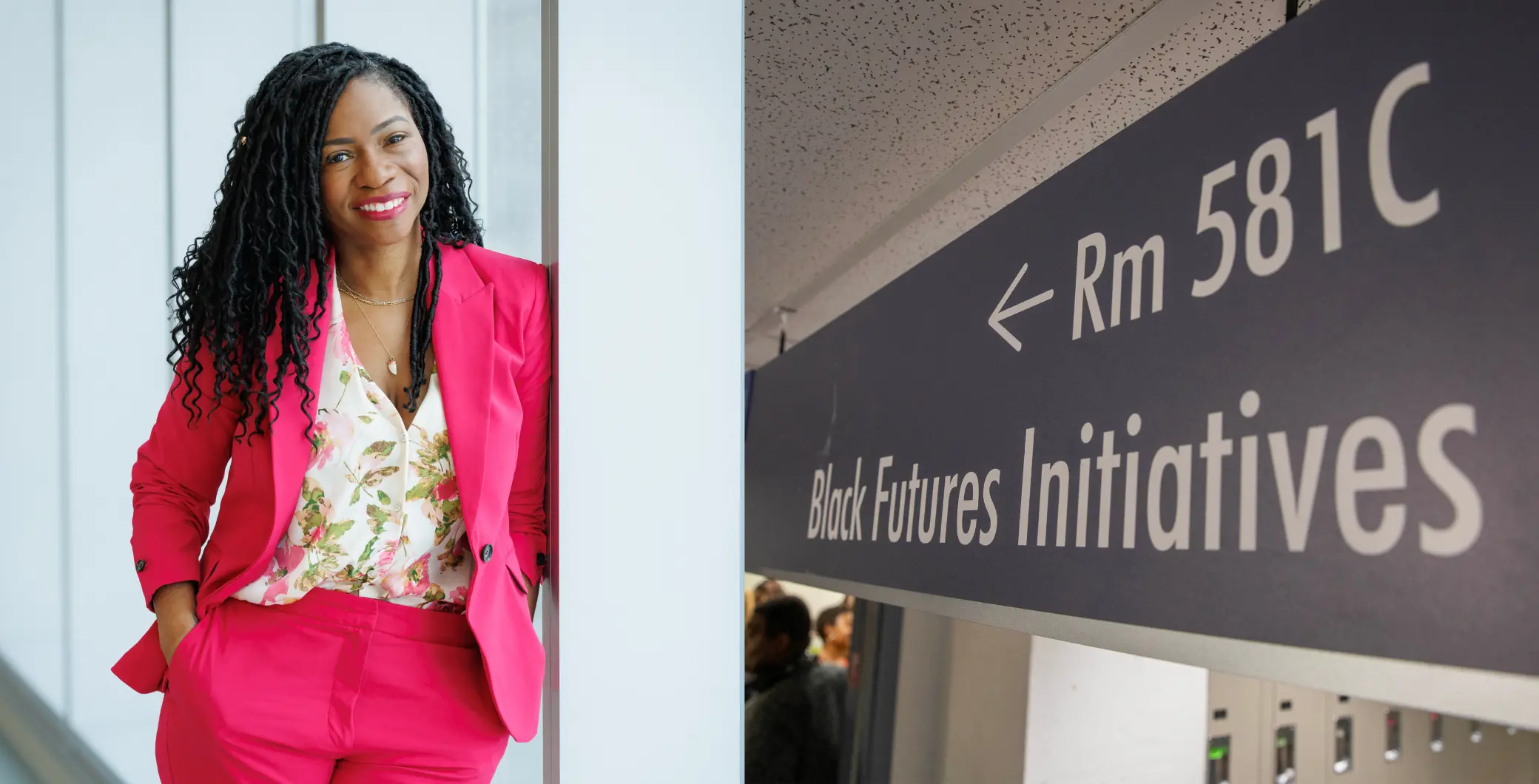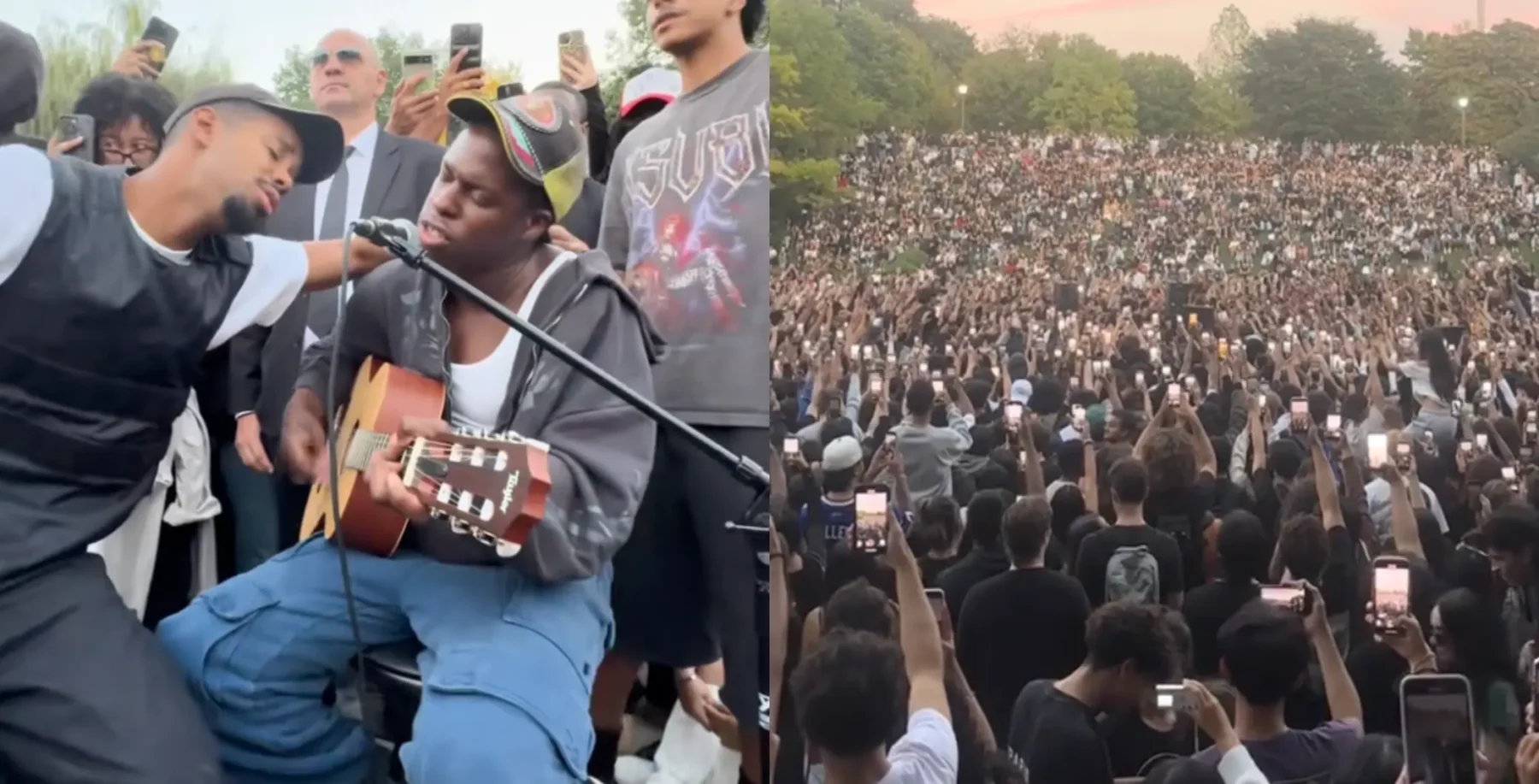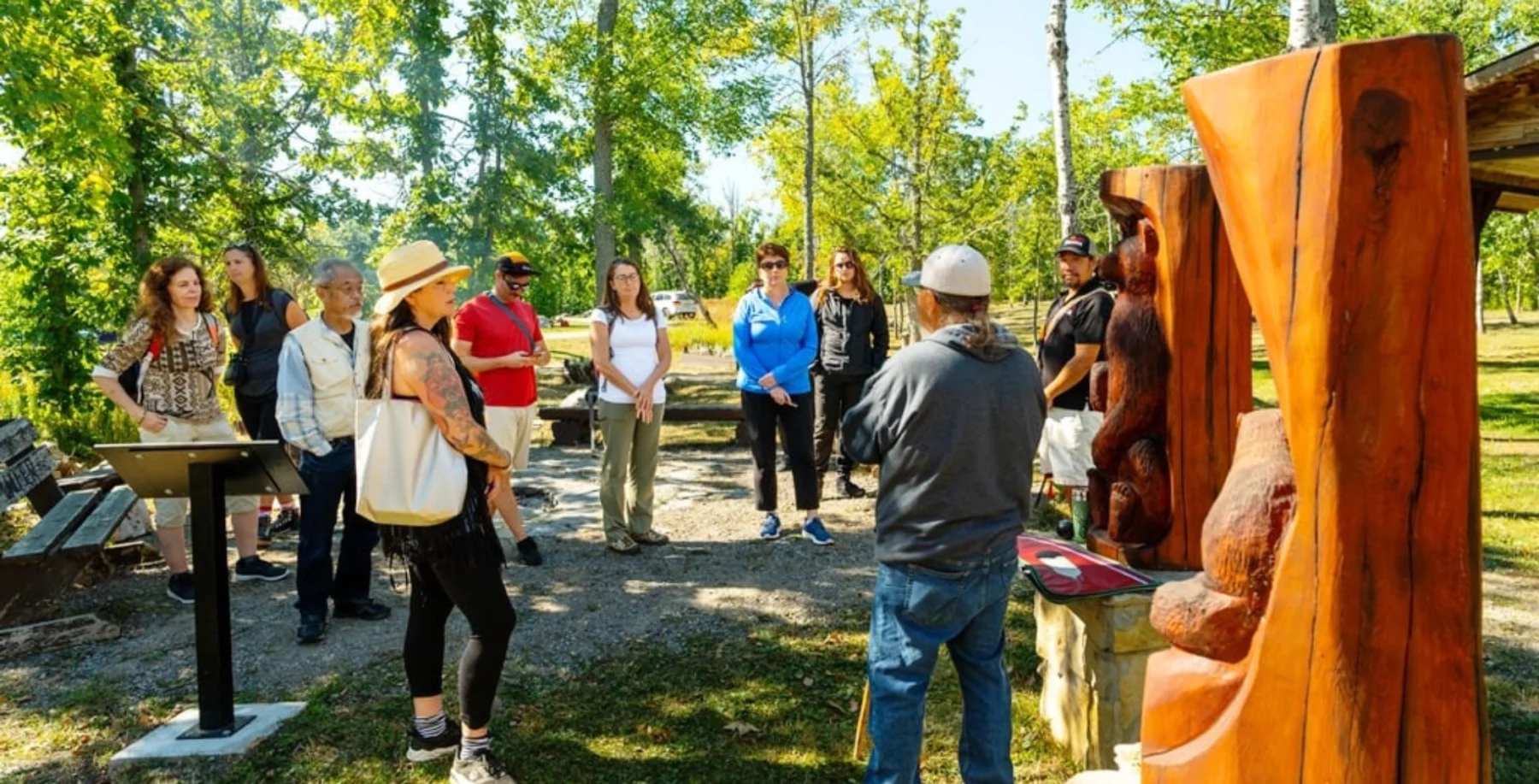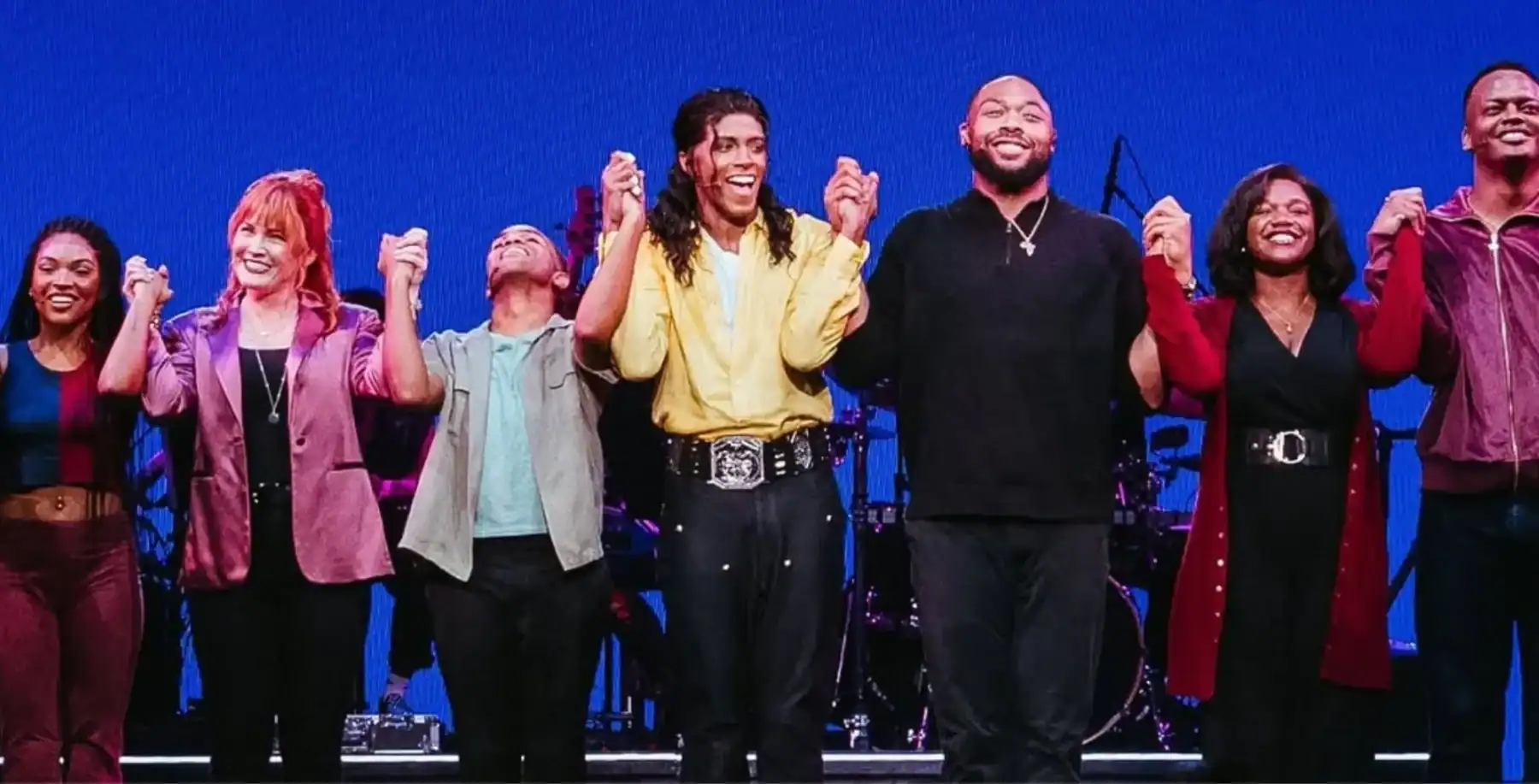
It’s Black History Month, and Toronto’s George Brown College has created a revolutionary campus initiative called Black Futures Initiative — dedicated to challenging the status-quo by addressing anti-Black racism and promoting Black Inclusion by building a safe campus environment for Black students, employees and their allies.
It also seeks to dismantle barriers that have historically harmed racialized students on college campuses, and this February it’s hosting a broad selection of exciting and inclusive events designed to do just that.
Its Black Futures Month programming aims to empower the Black student body to nurture meaningful relationships with peers and faculty members, providing an opportunity to educate and inform about Canadian Black history, innovation and excellence.
From an afternoon celebrating the talents of George Brown College’s culinary and beverage students from where they call home, to sessions where attendees can discuss the intersections of Blackness and disability, and weekly virtual screenings of “For The Culture,” a CBC series exploring the power of Black art, its eclectic array of informative and enjoyable offerings truly sets it apart.
But Black Futures is more than a series of events. It’s an initiative with deep roots in campus life and a regularly utilized student and community hub at 200 King Street West.
“The gathering space is a sanctuary and third space for the Black community at the college. It provides a space for reflection, healing and collective dialogue,” Mary Ola, senior manager of Black Futures Initiatives, told Now Toronto.
The multi-purpose location enables students to study, socialize and gather in a setting that is built around their needs. It also houses a Black Futures research studio, which acts as a springboard for innovation and a platform for academic prominence.
“The research studio is focused on action-based Black research methodologies that aim to generate knowledge that addresses big barriers and advance equity across the institution,” Ola added.
Meanwhile, Jennifer Grant, Associate Vice-President of Anti-Racism, Equity and Human Rights at George Brown College, referred to the importance of cultivating “ecosystems” within the institution that allow for Black, Indigenous and other historically underserved groups to thrive, which she says requires a two-pronged approach.
“One looks at complaint management, human rights, sexual violence, Accessibility for Ontarians with Disabilities Act (AODA) complaints, and supporting our institution to address and resolve those types of complaints when they arise,” she explained.
“…But equally important is the other side, our proactive work, looking at ways that we build capacity within the institution to address concerns before they arise…this includes a focus on equity, inclusion and anti-racism approaches.” Grant said.
The latter is where the Black Futures Initiative comes into play. “We are intentionally including [people] into the GBC ecosystem that we’re talking about, and that’s equity, right? And I think everybody can get behind that,” Grant continued, adding that research shows diverse communities “makes us better.”
“Innovation expands when you include diverse voices, especially those voices that so often have been left out. This is just about good work. It’s not about an agenda or an ideology. It’s about creating human-centered environments for learning, development and achievement. And that’s a major reason colleges exist,” she concluded.
To learn more about George Brown College’s Black Future’s Month and the broader scope of its work, click here.












